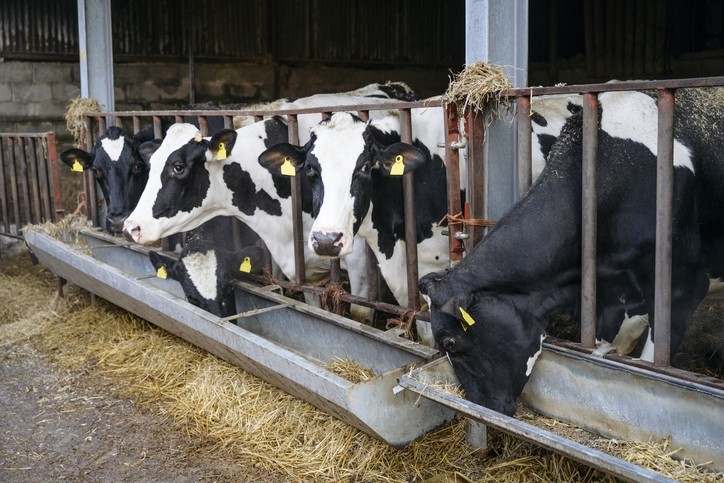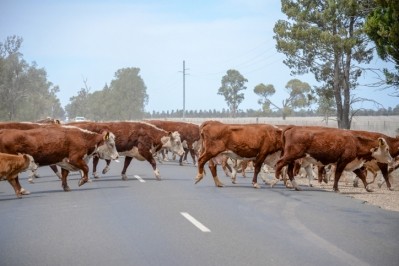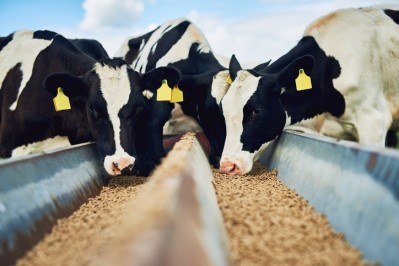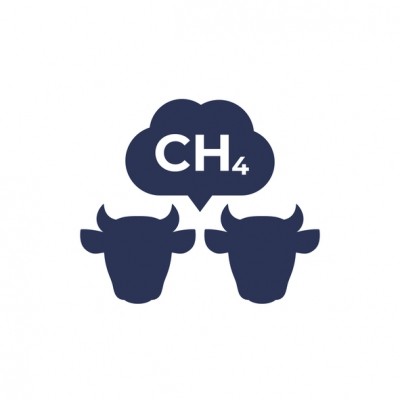Tesco trials methane-cutting feed as UK retailers race for greener dairy

Grosvenor Farms, a member of the Tesco Sustainable Dairy Group (TSDG), is conducting a trial of the feed additive Bovaer, produced by dsm-firmenich, on 400 cows over a four-month period.
Incorporating Bovaer into the cows' diet has the potential to reduce each animal's carbon footprint by approximately 1.3 tons of CO2 equivalent annually. If the trial proves successful, it could lead to a 12% reduction in greenhouse gas (GHG) emissions at Grosvenor Farms.
Tesco indicates that the results of this trial could pave the way for wider adoption of Bovaer across the TSDG network.
Now in its 17th year, this network includes over 400 British dairy farmers who are compensated based on a cost of production+ model for the fresh milk they provide to Tesco. According to the supermarket chain, this model ensures a consistently fair price for every pint of milk.
Grosvenor Farms, Cheshire, is a dairy and arable farm, working by the principles of regenerative agriculture and circular farming, with a goal to become a carbon net zero milk producer by 2030.
It produces over 32 million liters of fresh milk a year and it is a long-term supplier to both Tesco and Muller. It also grows around 45,000 tons of forage for animal feed and 4,500 tons of grains and oilseeds.
Industry context
We recently heard about a GHG gas targeted initiative at another UK retailer, with Morrisons announcing that it was teaming up with Sea Forest to fast-track lower methane beef.
That Australian startup is working with Myton Food Group, the manufacturing arm of Morrisons, to get its seaweed derived methane abating livestock feed ingredient supplied to beef cows.
Sea Forest’s Asparagopsis based methane targeting product, SeaFeed, is included as a small fraction of the animals’ diet, at around a 0.5% inclusion level.
The company was identified as a potential partner for Morrisons through the retailer’s collaborative seaweed project with Queens University Belfast.
Approval for the process is being worked through, but if successful customers should see products on the shelf in Morrisons by 2026.
Meanwhile, in April, Marks & Spencer reported that it had launched a £1m (US$1.3m) fund to change the diet of cows within its milk pool to mitigate methane emissions.
Dennis Rijnders, regional commercial director, Bovaer, at dsm-firmenich, said the supplier was working with M&S in that collective effort to combat climate change.












